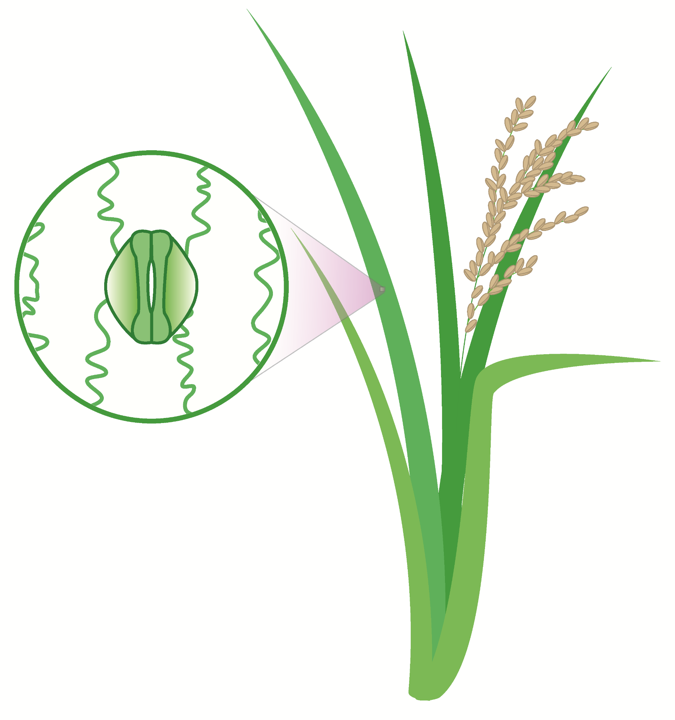Plant and Crops Science Seminar: Engineering Stomatal Development
Tuesday 4 February 2020, 1:00pm to 2:00pm
Venue
Training Rooms 1 & 2, Gordon Manley Building, LEC Blue Zone (LEC 3), Lancaster University - View MapOpen to
Postgraduates, StaffRegistration
Registration not required - just turn upEvent Details
Engineering Stomatal Development, Julie Gray (University of Sheffield)
Stomata allow carbon dioxide to enter leaves for photosynthesis. They close in the dark or under drought conditions to restrict water loss, and during pathogen attack to prevent infection. The identification of signalling components regulating stomatal development has allowed us to manipulate model and crop species, and to begin to investigate what is the optimal stomatal number for current and future climate scenarios. We have produced plants with abnormally low stomatal densities by overexpressing an epidermal patterning peptide that suppresses stomatal development, or through gene-editing an antagonising peptide signal. These plants with greatly reduced stomatal density have substantially lower levels of transpiration, and enhanced drought and pathogen tolerance. They require less water to grow, yet maintain seed. For example, rice seedlings with approximately half the usual number of stomata, use only 60% of the normal amount of water, are better able to survive drought and still yield well.
Speaker
University of Sheffield
2008 - present: Professor of Plant Cell Signalling, Department of Molecular Biology and Biotechnology, University of Sheffield 1993 - 2007: Lecturer/ Senior Lecturer/Reader Dept. of Molecular Biology and Biotechnology, University of Sheffield 1990 - 1993: University Research Fellow, University of Nottingham 1989 – 1990: Research Fellow, Macquarie University & University of Melbourne 1985 - 1989: PhD Student, University of Nottingham. Thesis title ‘Organisation and expression of ripening related
Gallery
Contact Details
| Name | Cristina Sales |


